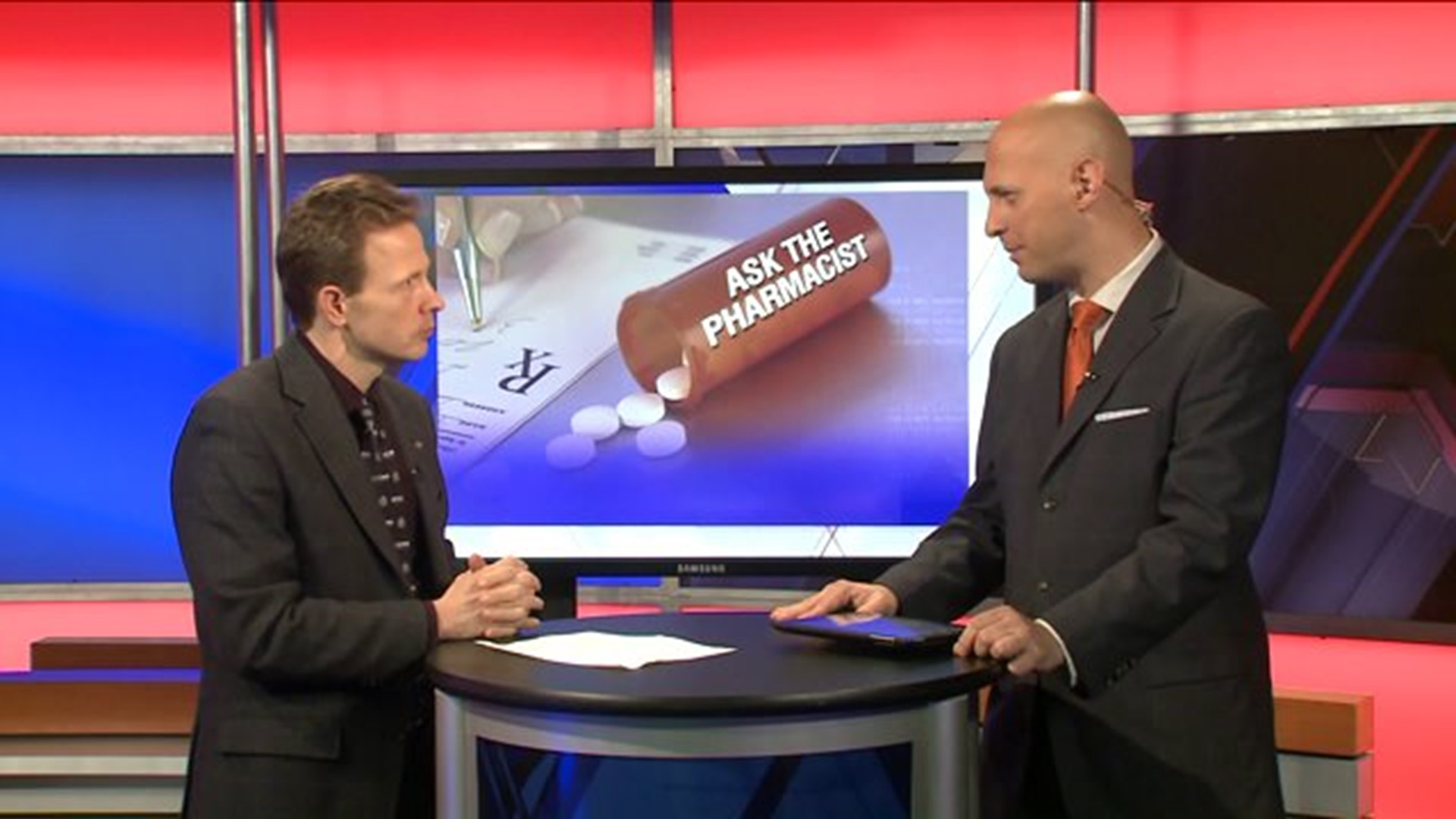Last week, we talked about why dementia incidence has been going down in the United States. Theresa, one of our viewers wrote in to ask about a recent study that suggests that proton pump inhibitors such as Prilosec® and Nexium® might increase the risk of dementia and wondered if this could be responsible for her husband’s dementia and whether now that they stopped the drug the problem would get better.
Proton pump inhibitors like Nexium®, Prilosec®, or Prevacid® are used to treat heartburn, reflux disease, or ulcers. They were designed for use up to 12 to 16 weeks but they are very effective and seem to have little side effects so some people end up taking them for daily for years and years and there is not good safety data for prolonged use like this.
I have looked at this study very carefully and while it was very well done and had a large number of people included in it, it is an observational study, not a randomized controlled trial. This is very important because observational studies are very inexpensive to run but cannot actually prove any causality because it cannot determine whether the association they find is real or due to other reasons that they cannot control for. This study looked at people taking these proton pump inhibitors and found an increased risk of dementia versus those that did not. Is dementia due to the proton pump inhibitors, does having chronic stomach irritation from heartburn cause dementia, or does a poorer diet lead to heartburn and obesity and this increases the risk of strokes, heart attacks, and heart failure which result in vascular dementia? This study cannot answer that question and a higher quality study would cost millions of dollars and take years to complete so we will not know for sure for a long time.
I looked to see if there was a potential mechanism by which these drugs could cause dementia directly. Some vitamins and minerals like vitamin B12, vitamin D, iron, calcium, and magnesium need an acid environment to be absorbed and get absorbed less when these drugs are used. If this is the mechanism for dementia, it would theoretically be reversed if you were to stop the PPI or started using a multivitamin. In mice, beta-amyloid levels rise when proton pump inhibitors are used and beta-amyloid Alzheimer's Disease which can respond a little to some medications but is not reversible. We do NOT have human data showing PPIs increase beta-amyloid concentrations but this is concerning. The bottom line is that for 12-16 weeks of therapy I have little concern of risk but whether this risk pans out or not, these drugs should probably not be lifetime therapies. Weight reduction, eating smaller meals, not eating heavy or fatty meals right before bed, and other techniques can really help. They are not as convenient as taking a pill but they pay dividends in heart hearth as well.
Dr. Michael White, UConn School of Pharmacy

